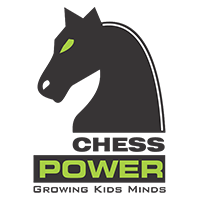About Us
Tutoring
Crimson Rise
Bestcoder
Chess Power
Free Assessment
Timetable
Franchise Opportunity
Calendar
News
Seminar
Blog







